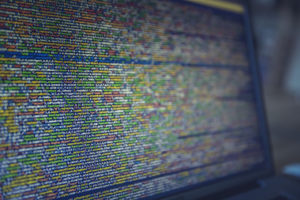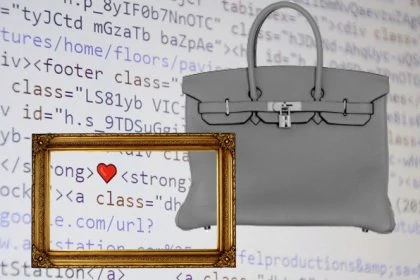The U. S. Court of Appeals for the Federal Circuit has ruled that Google’s use of Oracle’s 37 Java API packages does not fall under the so-called fair use. This judgement is of the utmost importance for modern software development. And it shows that the US and the EU are drifting apart on this issue.
Oracle vs. Google – a longlasting lawsuit
 The years of legal dispute between Oracle and Google over the use of Oracle’s Java interfaces by Google in the Android operating system has thus taken a new turn. This is the second time the case has been referred to the court. After a first ruling in 2012 and the non-adoption decision of the highest U.S. Federal Court in 2015, the Oracle against Google case was resubmitted, this time with the following aspect: The court should now decide whether Google’s use of the Java interfaces in the Android operating system was fair use.
The years of legal dispute between Oracle and Google over the use of Oracle’s Java interfaces by Google in the Android operating system has thus taken a new turn. This is the second time the case has been referred to the court. After a first ruling in 2012 and the non-adoption decision of the highest U.S. Federal Court in 2015, the Oracle against Google case was resubmitted, this time with the following aspect: The court should now decide whether Google’s use of the Java interfaces in the Android operating system was fair use.
Fair Use in the U.S. Copyright Act
According to the US Copyright Act, four factors are of central importance for fair use:
- Purpose and type of use of the new work
Is this the new work transformative? That is the crucial question about the first factor of fair use. This is supported by the fact that Google has developed 168 of its own API packages for the 37 packages taken over and adapted the environment to mobile requirements. Furthermore, a non-commercial use for scientific or educational purposes usually falls under fair use, a commercial use tends to speak against fair use. - Nature of the original work and form of transfer
If parts of purely functional works are taken over, fair use is more likely than if they are taken over from creative works. Google’s argument for this is that Java is a functional work. However, Oracle can claim that Java was already used in mobile environments before Google’s modifications and that a version adapted for mobile requirements existed. - Amount and materiality of the portion used
If large parts or elements of central importance of a work are taken over, this tends to speak against a use justified by fair use: Google used 37 of 209 packages of a programming interface (API) that is only part of Java. What speaks for Oracle, however, is that Google has adopted those elements of the API that are of central importance and also have a special recognition value. - Effects on recycling
If the new work replaces or threatens the original work on the market or otherwise affects the market for the original work, in short, if it means economic damage to the original work, fair use is almost impossible. Oracle used Java SE only on desktop computers and laptops, but not on market-relevant mobile devices. Possible lost license revenues remain to be taken into account. In fact, there may have been licensing negotiations between Oracle and Google, but the mere fact that Google negotiated a licensing agreement with Oracle was not enough to prove the existence of potential markets, the appeal court ruled. Google uses Android’s Dalvik-VM for commercial purposes. However, the source code of Dalvik is under a non-commercial license (Apache 2.0).
The 2018 judgement
The U.S. Federal Appeals Court has ruled that Google’s use of Oracle’s 37 Java API packages does not fall under the so-called fair use. This is a setback for free and open source software, because it should become more difficult to make open source and free interface modifications in the USA from now on.
ECJ promotes European competition between software solutions
In Europe, the case of SAS Institute Inc. against World Programming Ltd (EU C‑406/10) set standards in a similar way – but with a completely different trend – in 2012. The ECJ ruled that the functionality, programming language and data format are not an expression of a program and are therefore not protected by copyright for computer programs pursuant to Article 1(2) of Directive 91/250/EEC. Rather, it is permitted to observe, examine and test a computer program without special permission – also with the execution of the program. However, there is one restriction: exclusive rights of the copyright holder must not be violated.
These articles may also be of interest to you in this context:
- Info Blog: Patent Software ? Is It Possible and if so, How?
- Info Blog: Computer-related inventions in the EPO’s Guidelines
- Info Blog: Protect your idea before selling it as a software product
Would you also like to protect an invention in the field of software development, Api or App?
Our Patent Attorneys and Attorneys at Law bundle are experts in patent- and trademark law, national and international.
Please take your chance and contact us – a request for a call-back is non-binding:
Source:
Law Justitia: Oracle America, Inc. v. Google, Inc., No. 17-1118 (Fed. Cir. 2018)
Council Directive 91/250/EEC on the legal protection of computer programs
Picture:
markusspiske / pixabay.com / CC0 License








Leave a Reply